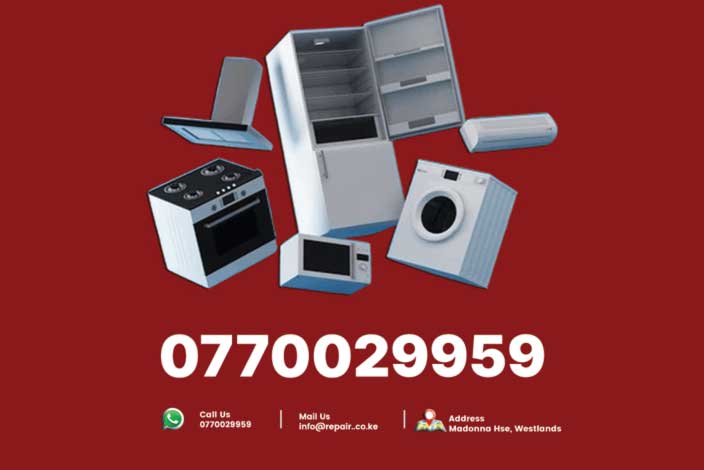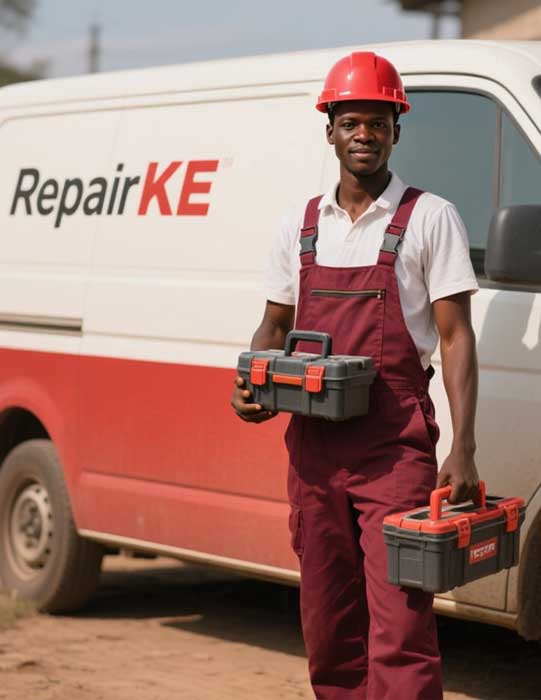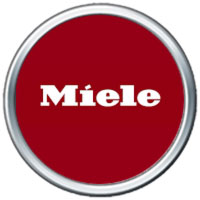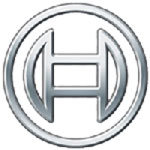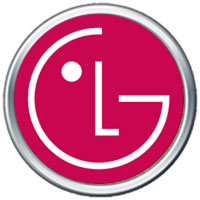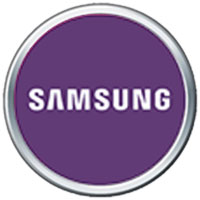How to Import Washing Machine Spare Parts in Kenya
Washing machines are vital household appliances in Kenya, simplifying laundry tasks for homes and businesses. However, wear and tear can lead to malfunctions, requiring spare parts like drain pumps, motors, or door seals. Importing washing machine spare parts into Kenya can be a cost-effective way to access high-quality or brand-specific components not readily available locally. This guide, brought to you by RepairKE, outlines the steps, regulations, and tips for successfully importing washing machine spare parts, ensuring compatibility and compliance with Kenyan import laws.
Why Import Washing Machine Spare Parts?
Local markets in Nairobi, such as Kilindini Street or online platforms like Jumia, offer spare parts, but availability for specific brands like Sanyo, LG, or Samsung may be limited. Imported parts often provide better quality, authenticity, or compatibility for high-end models. Additionally, importing can be more economical for bulk purchases, especially for repair businesses. However, navigating customs, taxes, and logistics requires careful planning to avoid delays or extra costs.
Step-by-Step Guide to Importing Spare Parts
1. Identify the Required Spare Parts
Before importing, confirm the exact parts needed for your washing machine model. Common components include:
- Drain Pump (KES 3,500–8,000): Ensures proper water drainage.
- Motor (KES 6,000–15,000): Powers the drum’s rotation.
- Control Board (KES 8,000–20,000): Manages machine functions.
- Door Seal/Gasket (KES 2,500–6,000): Prevents leaks.
Check your machine’s manual or consult a technician to verify part numbers and compatibility. For Sanyo models, for instance, ensure the part matches the specific AQUA or inverter series.
2. Source Reliable Suppliers
Find reputable international suppliers through:
- Manufacturer Websites: Brands like Sanyo or Samsung often list authorized distributors.
- Global Marketplaces: Alibaba, eBay, or Amazon offer a range of parts, but verify seller ratings.
- Appliance Part Distributors: Companies like RepairClinic or PartSelect ship internationally.
Request quotes, confirm part authenticity, and check for warranties. Genuine parts ensure longevity, unlike cheaper aftermarket alternatives that may fail quickly.
3. Understand Kenyan Import Regulations
Kenya’s import process is regulated by the Kenya Revenue Authority (KRA) and Kenya Bureau of Standards (KEBS). Key requirements include:
- Import Declaration Form (IDF): Obtain through a clearing agent or the KRA iTax portal. The fee is 2.5% of the Cost, Insurance, and Freight (CIF) value.
- Certificate of Conformity (CoC): Required for KEBS compliance to ensure parts meet safety standards.
- Customs Duties and Taxes: Expect to pay Import Duty (25%), VAT (16%), and other levies like the Railway Development Levy (1.5%) based on the CIF value.
Engage a licensed clearing agent to handle documentation and ensure compliance with KEBS Pre-Export Verification of Conformity (PVoC).
4. Arrange Shipping and Logistics
Choose a reliable shipping method:
- Air Freight: Faster but costlier, ideal for urgent parts.
- Sea Freight: Cheaper for bulk orders, taking 2–6 weeks via Mombasa Port.
Work with freight forwarders like DHL or local agents to manage shipping. Ensure proper packaging to prevent damage during transit.
5. Clear Customs and Pay Duties
Submit all documents (IDF, CoC, Bill of Lading, Invoice) to your clearing agent. The agent will process customs clearance at the port or airport. Pay the calculated duties and taxes via KRA’s iTax system. Delays can occur if documents are incomplete, so double-check paperwork.
6. Collect and Install Parts
Once cleared, collect your parts from the port, airport, or agent’s warehouse in Nairobi. Verify the parts’ condition and compatibility before installation. For complex repairs, hire a professional technician from RepairKE to ensure proper fitting and functionality.
Tips for Successful Importing
- Compare Costs: Local parts may be cheaper for common components like belts (KES 1,500–4,000). Weigh import costs against local prices.
- Buy in Bulk: Importing multiple parts reduces shipping costs per unit, ideal for repair shops.
- Check Warranties: Opt for suppliers offering at least a 6-month warranty.
- Stay Updated: Monitor changes in KRA or KEBS regulations to avoid surprises.
Importing washing machine spare parts to Kenya requires careful planning but can ensure access to high-quality components for brands like Sanyo. By following these steps—identifying parts, sourcing suppliers, complying with regulations, and managing logistics—you can keep your washing machine running smoothly. For expert repair services or further guidance, contact RepairKE at repair.co.ke or call 0770029959. Maintain your appliance efficiently and extend its lifespan with the right spare parts!

